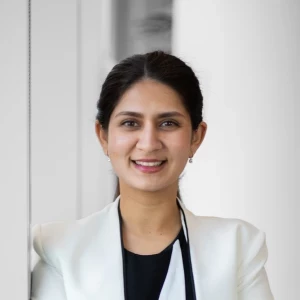Hi,
You can use the rule of 72.
For example, if you know the revenue will grow from 100M to 400M in 12 years and you need to know the CAGR:
- 100M will double and grow to 200M in 6 years
- CAGR = 72 / 6 / 100 = 12%
- Note that you can take 70-72 depending on what is easier to calculate
Best















